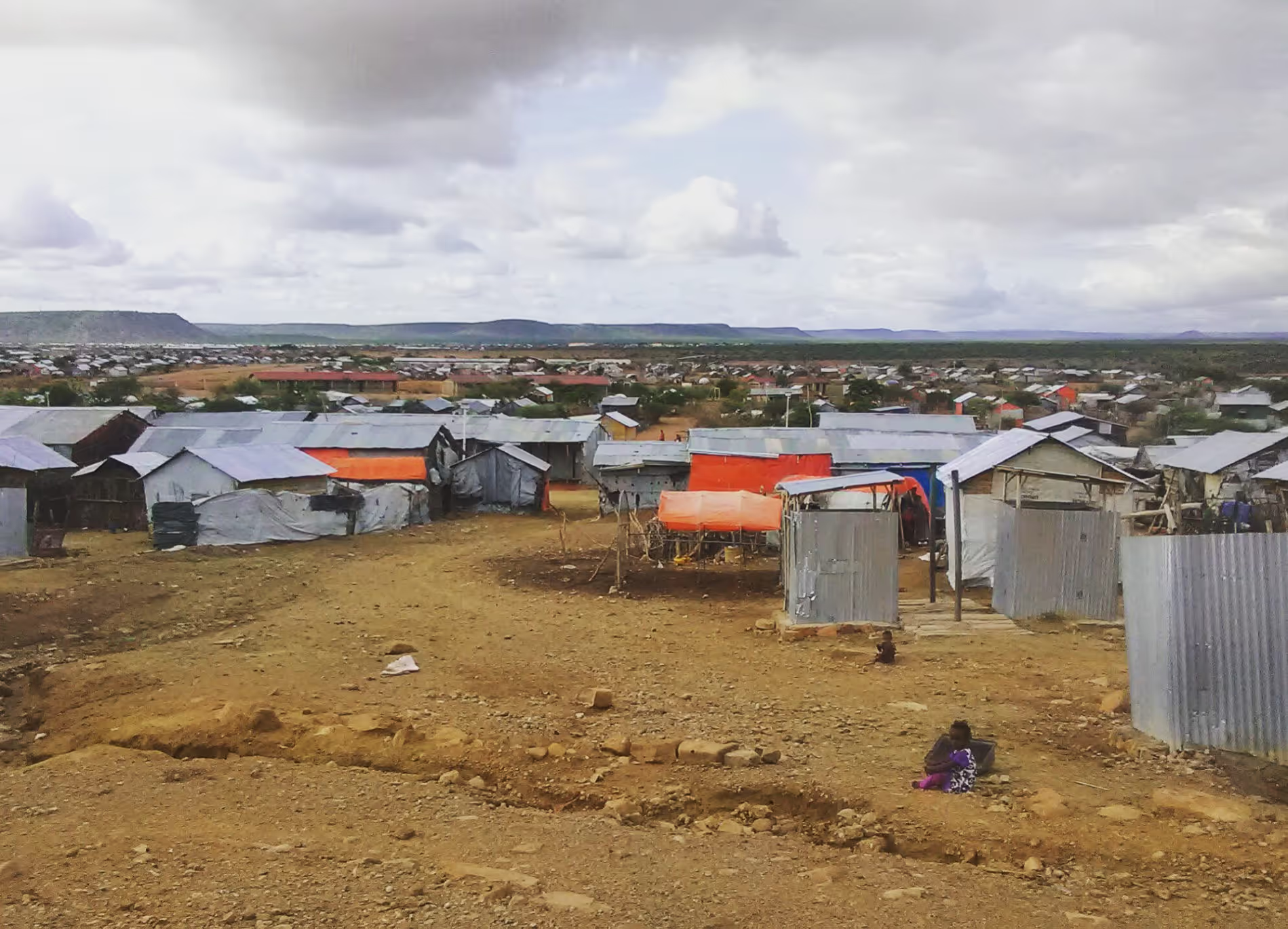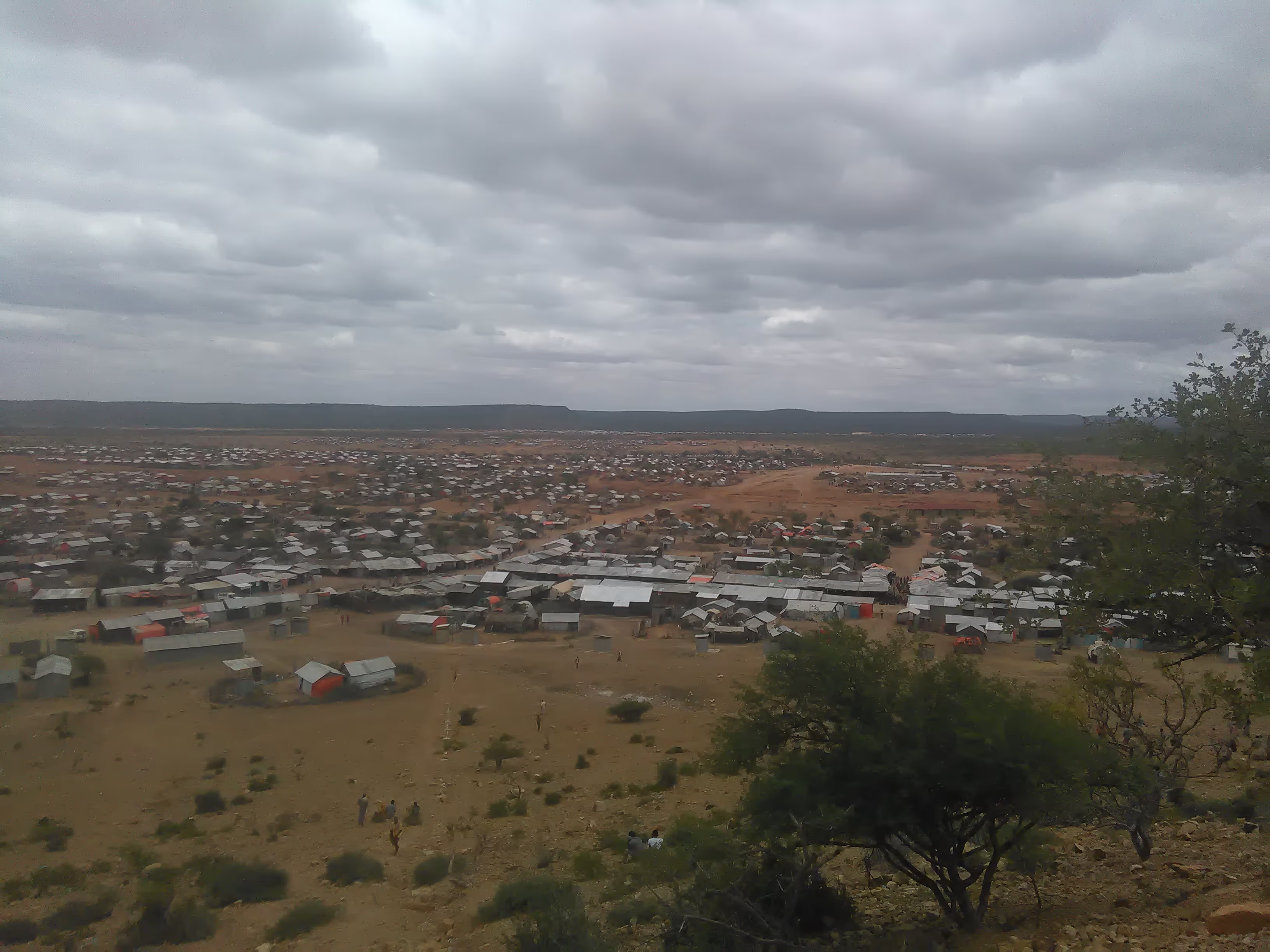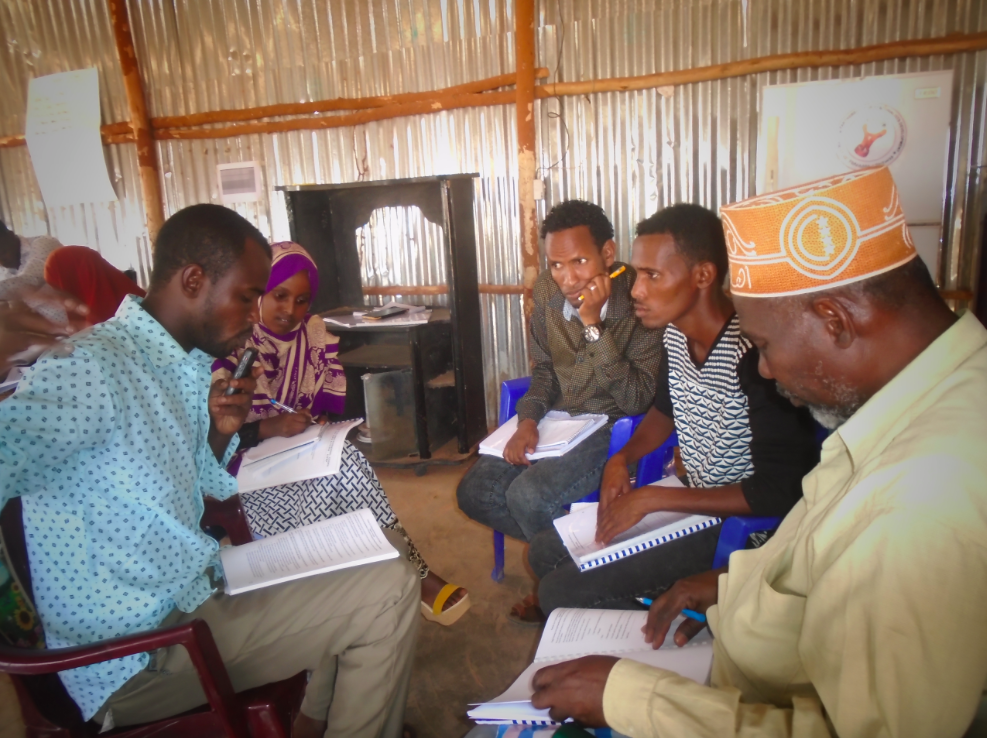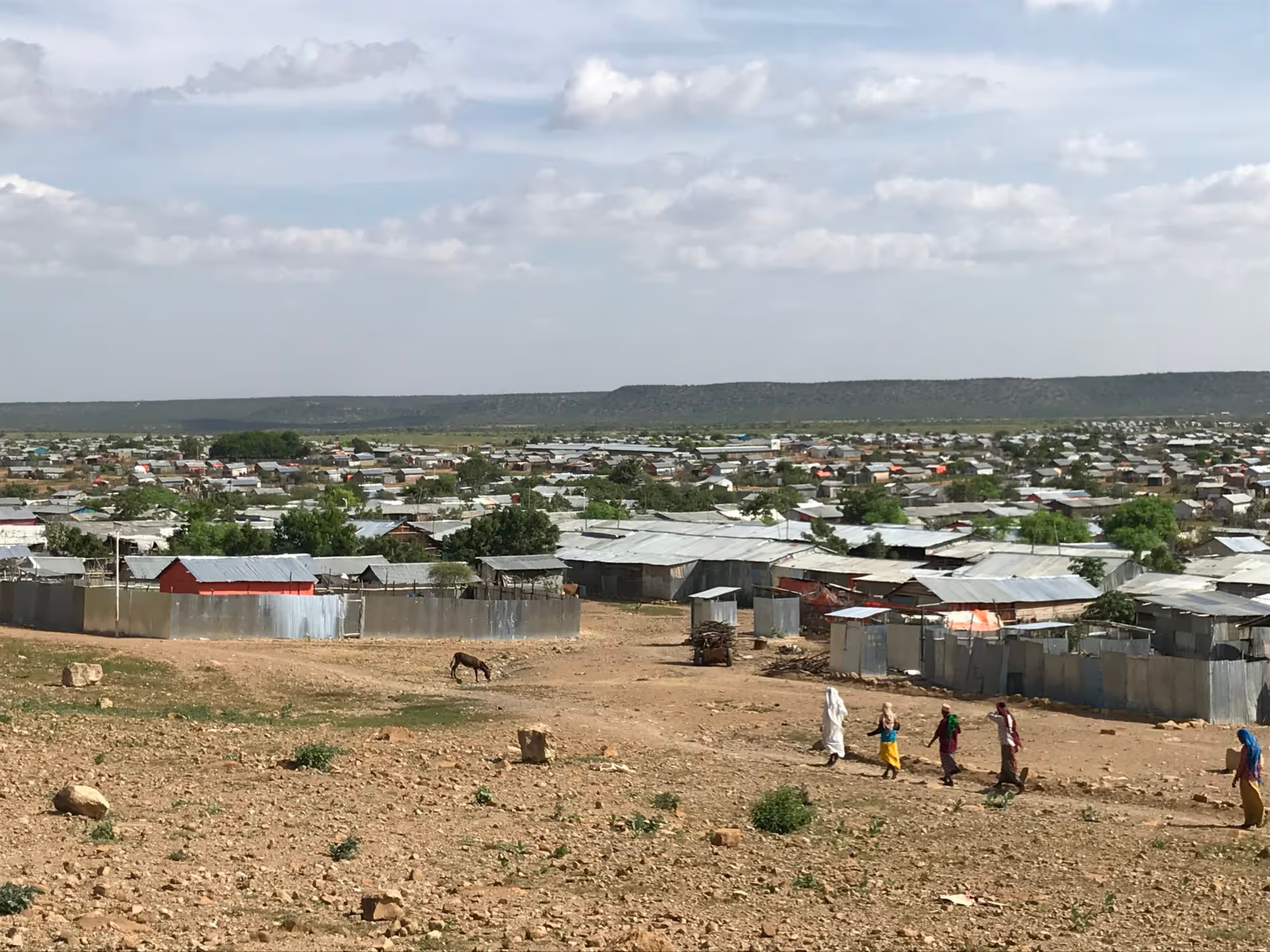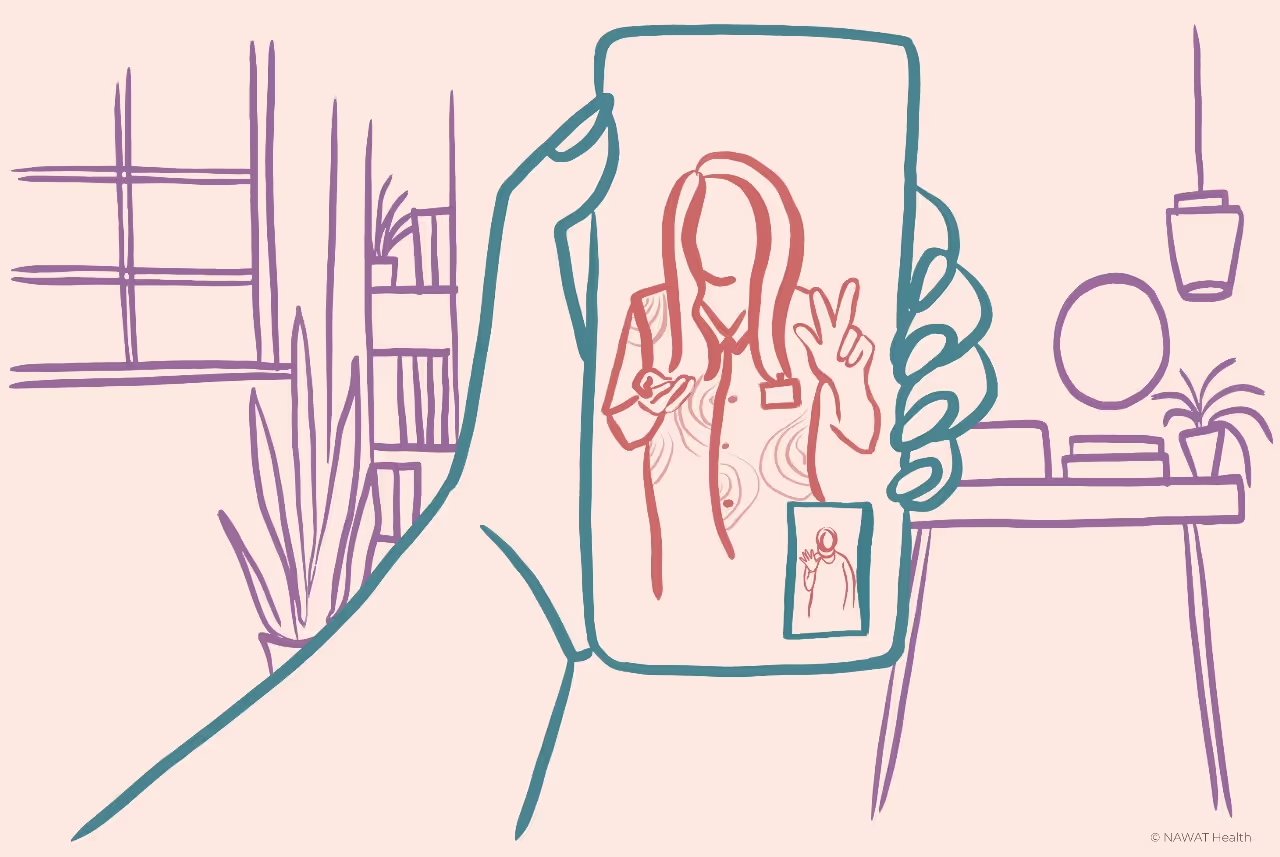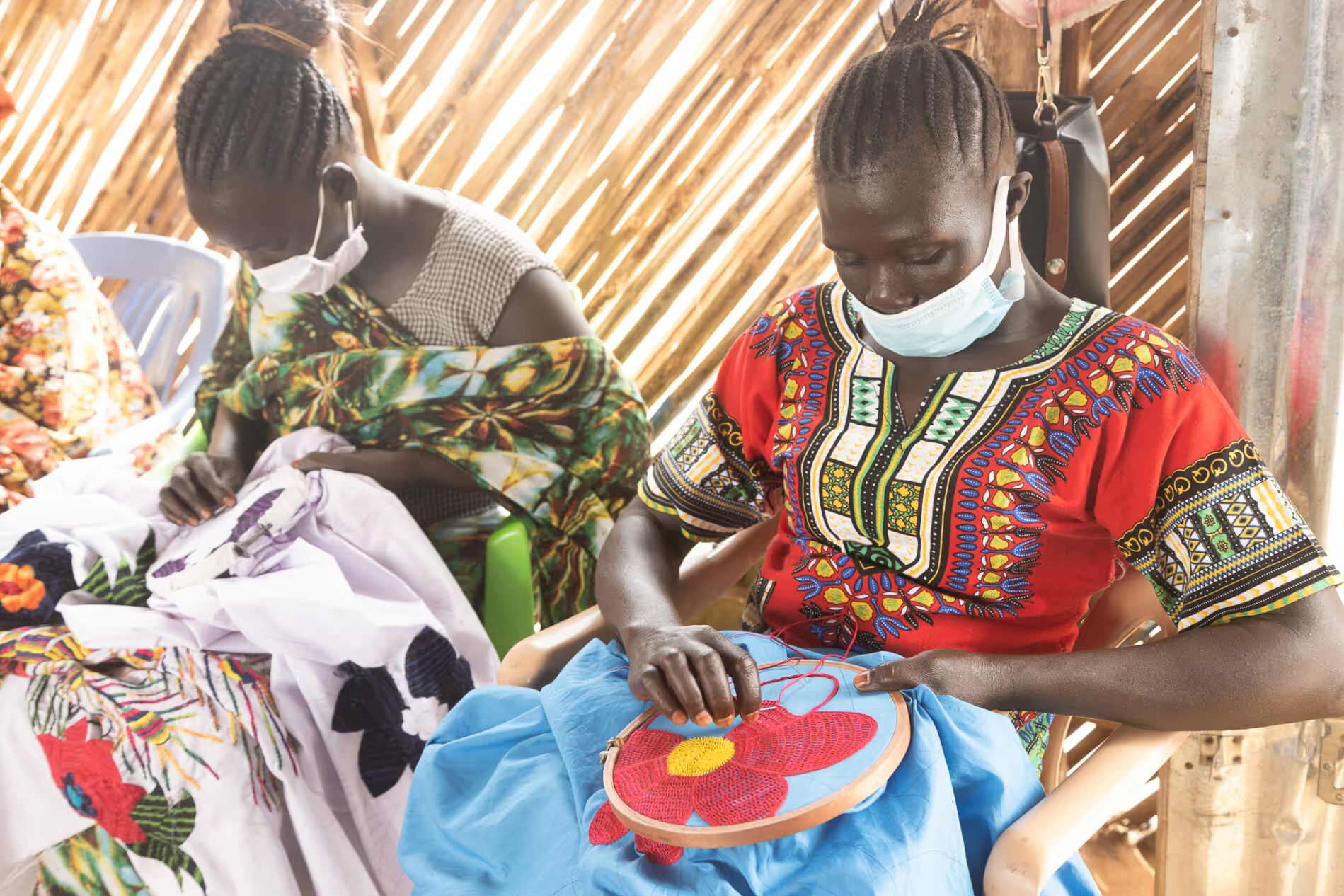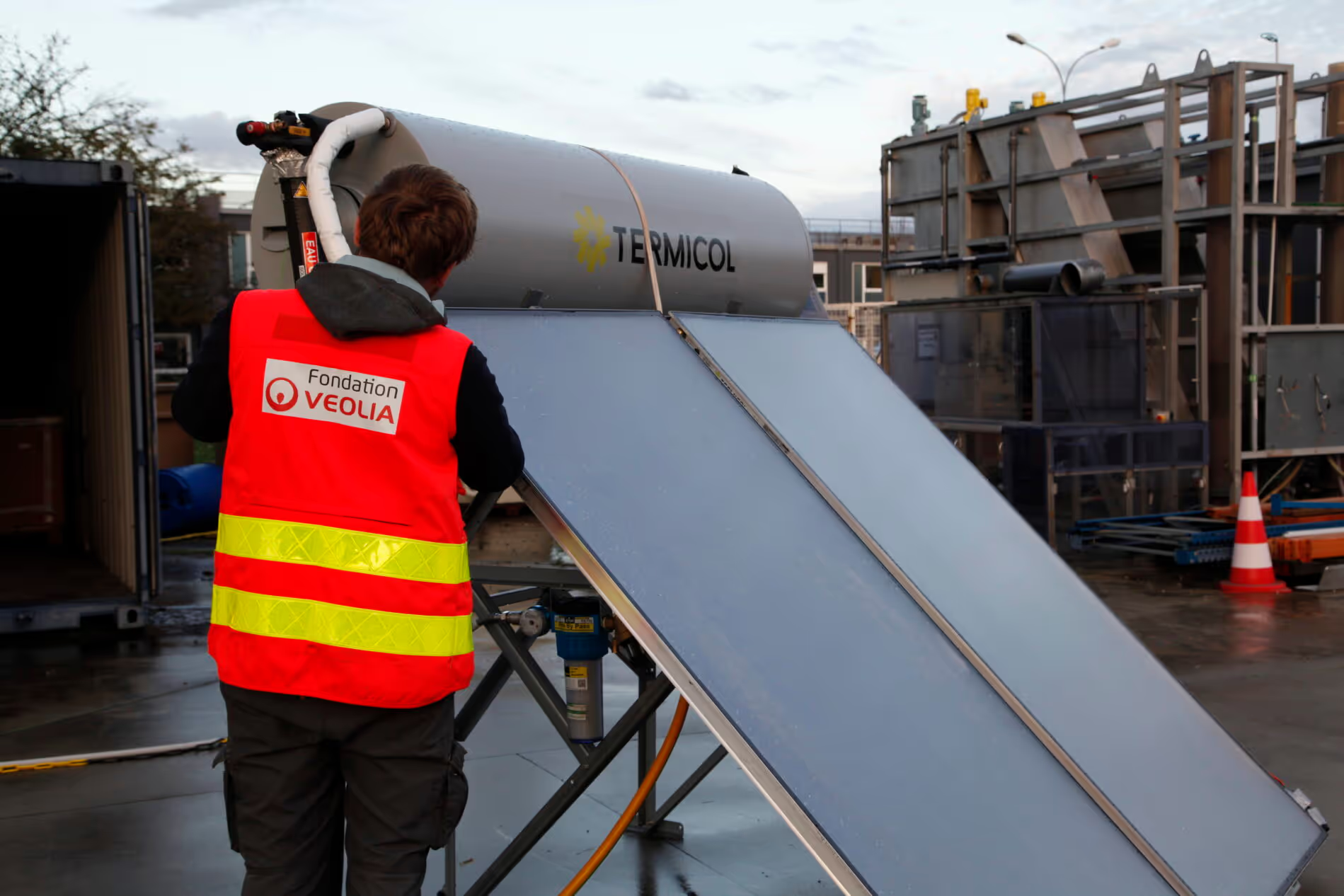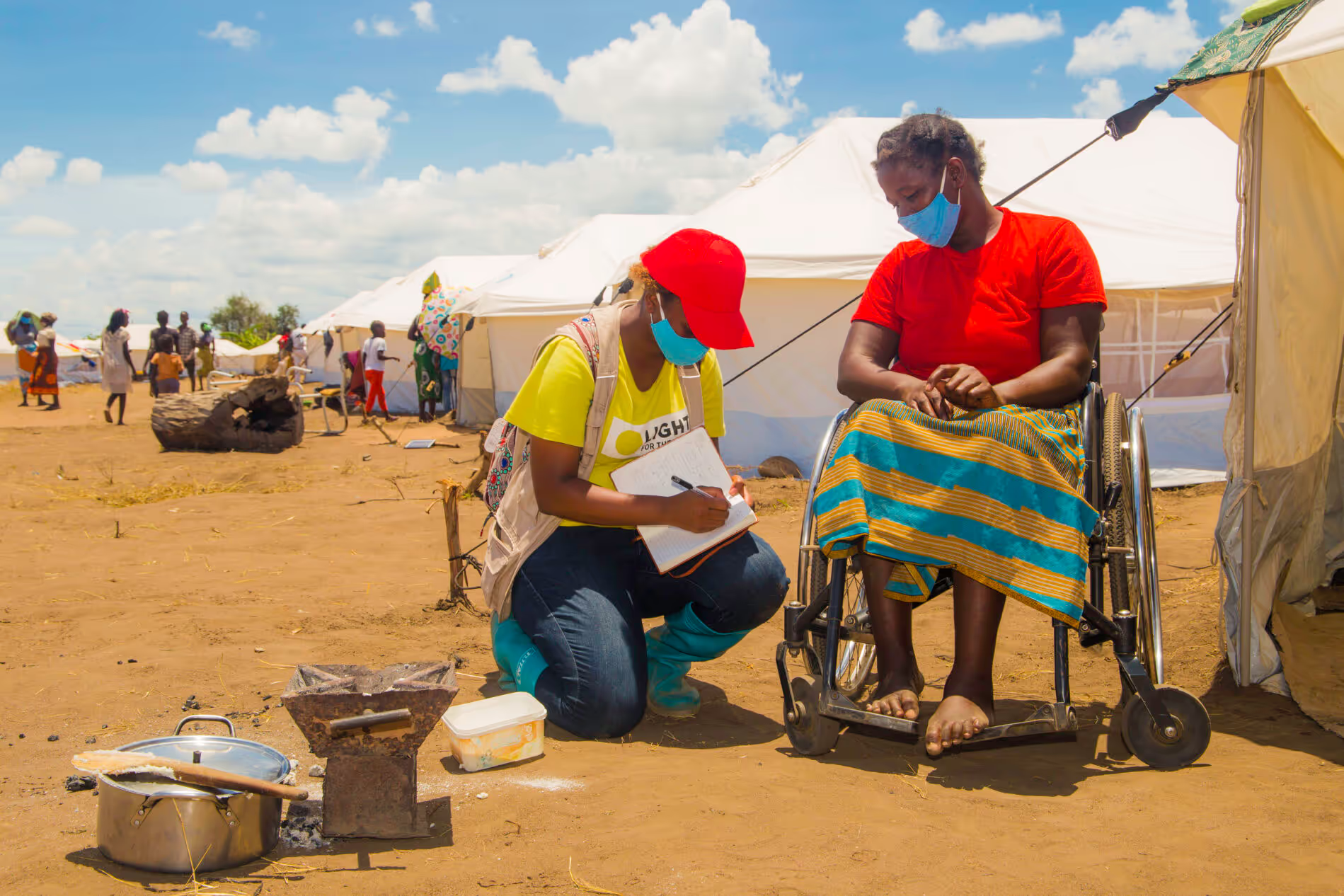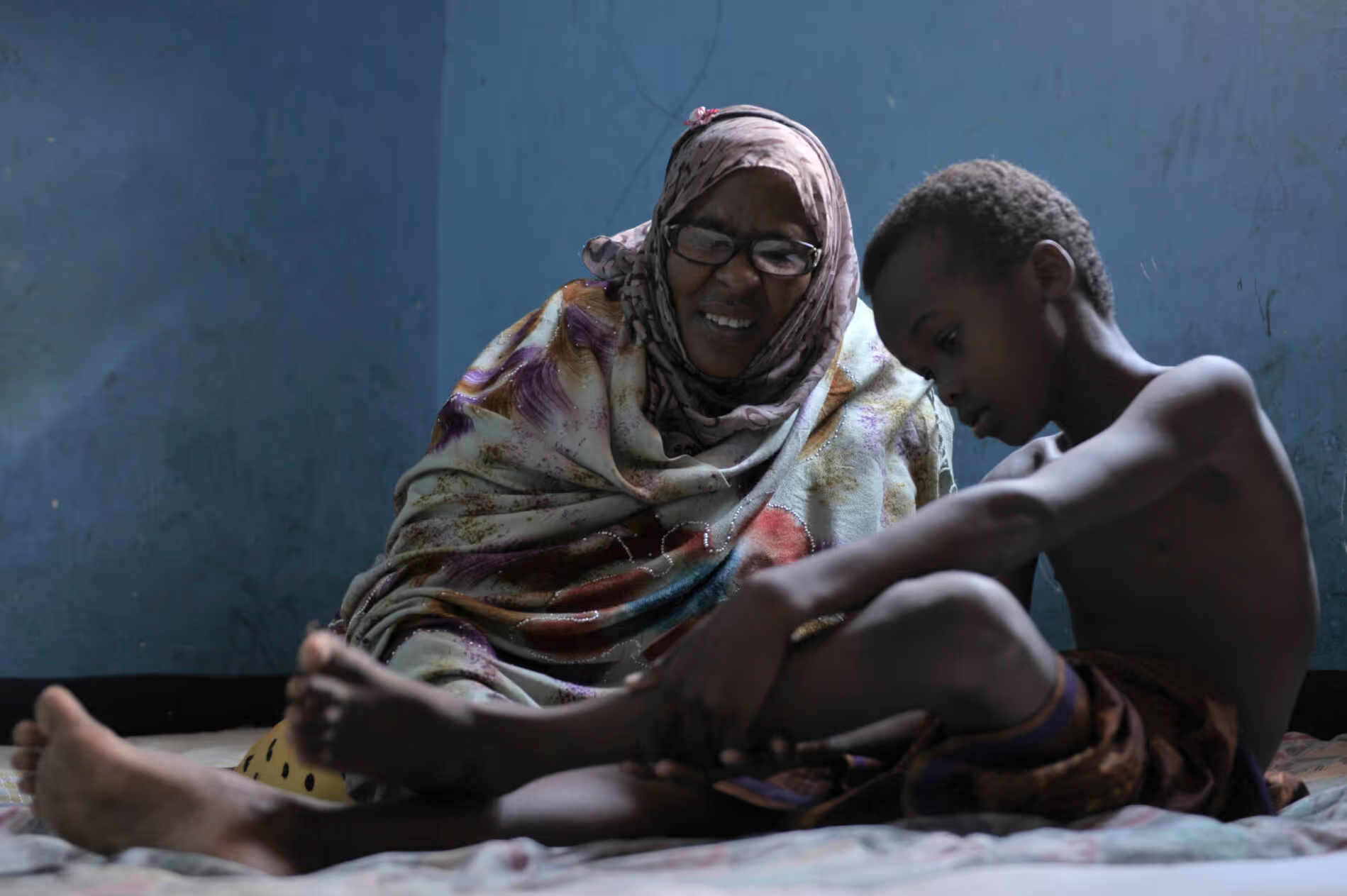Linking interventions to cultural ceremonies and practices to reduce intimate partner violence among displaced populations in humanitarian crises
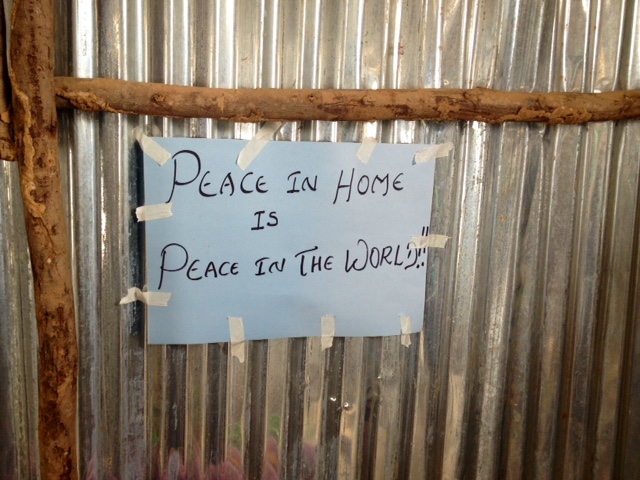
Project overview
The project targeted a gap in humanitarian research and programming by developing and testing a novel intervention to reduce IPV in displaced Muslim communities in sub-Saharan Africa.
Countries
Ethiopia
Organisations
Paris School of Economics
WAHA International
Partners
The Abdul Latif Jameel Poverty Action Lab (J-PAL) at PSE, Addis Ababa University, Harvard Medical School
Area of funding
Humanitarian Innovation
Grant amount
First grant=£159,429
Second grant=£49,997
Start date
End date
Project length (in months)
First grant=38
Second grant=10
Funding calls
No items found.
Focus areas
Topics
Refugees and IDPS
Status
Closed
Project solution
This project offers [specific solution or intervention] to tackle [challenge]. By implementing [strategies, tools, or innovations], the project aims to achieve [desired outcomes]. The approach is designed to [specific actions or methods] to bring about meaningful change in [community, region, or issue area].
Expected outcomes
This project aims to achieve [specific outcomes], such as [measurable results, improvements, or changes]. The expected impact includes [benefits to the target community, advancements in research or innovation, or long-term effects]. By the end of the project, we anticipate [specific changes or milestones] that will contribute to [broader goals or objectives].
No items found.
WHAT IS THE HUMANITARIAN NEED?
Humanitarian practice guidelines recommend the integration of gender and protection programming at each phase of a humanitarian crisis. Intimate partner violence (IPV) is one of the most common forms of gender-based violence; however, most guidelines focus on the prevention of violence in the emergency phase and the protection of women from non-partner sexual violence.
There are fewer guidelines on how to prevent IPV among displaced populations during the stabilisation phase of a crisis and on how to adapt IPV interventions from non-humanitarian settings to humanitarian settings. There are limited data on IPV and a lack of evidence on effective IPV interventions in humanitarian settings; thus, there is a need for innovation in this area of humanitarian response.
What is the innovative solution?
The project developed and tested a novel intervention to reduce IPV in displaced Muslim communities in sub-Saharan Africa. The intervention targeted women, men and married couples in a Somali refugee population in Ethiopia and used community practices, cultural ceremonies or traditions as a platform for intervention delivery. The proposed project attempted to also understand and assess the protective cultural traditions that prevent and reduce IPV within families and communities rather than only emphasising the ‘harmful’ traditions addressed in current research and programming.
This also allowed exploration of how cultural norms related to IPV and how cultural practices and ceremonies shift as a result of displacement. This project developed a framework that can be used as a tool for program planning and design by other humanitarian actors in other settings to integrate cultural factors into the design of public health and IPV interventions.
What were the outcomes?
This innovation built the evidence base on gender, social, cultural, and religious norms that contribute to IPV in displaced populations and also informed how cultural and community practices in refugee settings serve as platforms for IPV intervention delivery. This evidence was used to inform IPV intervention design and implementation in refugee settings.
With a first phase of funding from Elrha's Humanitarian Innovation Fund (HIF) from 2016 to 2019, three IPV prevention interventions – for women, men and couples – were developed, piloted and refined. Key achievements of the project's first phase included:
- qualitative data on gender, social, cultural, and religious norms that contribute to IPV and on community practices in Dollo Ado camps that may serve as platforms for IPV intervention delivery;
- an IPV intervention logic model and curricula for three IPV interventions targeted for a Muslim and Somali context (women, men, and couples);
- baseline and endline data from the pilot study on feasibility, acceptability, and attendance and knowledge and attitudes related to IPV and gender and social norms;
- written and oral dissemination of lessons learned on the selection of community and cultural practices for IPV intervention delivery, and on the process of adapting an intervention from the non-humanitarian setting.
Please read the final report below to find out more about what was achieved in this first phase of funding.
Following the successful delivery of the above outputs, in 2019, J-PAL at the Paris School of Economics and their partners were awarded a second grant from the HIF's diffusion call to support the scaling of this intervention. With this diffusion grant, practical, field friendly tools were developed to facilitate the implementation of the innovation by diverse stakeholders. With dissemination of the project's findings at both the local and global levels central to the diffusion phase, it is expected that the learning and evidence from this intervention may be used to address IPV in other humanitarian contexts.
It is hoped that the intervention will lead to long term impacts in attitudes and behaviours related to gender, social, cultural and religious norms that contribute to IPV, which will lead to decreased incidence of IPV in humanitarian settings.
No items found.
Project delivery & updates
Stay up to date with the latest developments from this project. Here, you will find details on what has been delivered, resources created, and regular updates as the project progresses. Access key documents, reports, and other materials to see how the project is making an impact.
No resources/updates have been published yet for this project. Sign up for our newsletter to stay informed about upcoming publications and updates!
Join our Newsletter
Resources
Unite for a Better Life: Lessons on Programme Adaption for a Humanitarian Context
Research brief
LEARN MORELatest updates
No items found.
